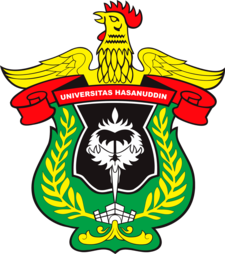Survey Result
Teaching Learning Survey
- Bachelor Degree Programme of Informatics
The questionnaires are filled by students every semester for each module. The questionnaire consists of 12 questions and a 5-rating scale from 1 the lowest/very poor to 5 the highest/very good. The questionnaire questions consist of:
- The suitability of the material presented with the lecture contract.
- The lecture materials are organized systematically
- Completeness of course attributes (including: lecture contract/syllabus, teaching media, course materials, tools and so on)
- Variety of learning methods (lectures/contextual learning, discussions, groups, simulations, cooperative and collaborative learning, project-based learning, problem-based learning)
- The learning strategies Courses are designed so that students play an active role (student-centered)
- Giving structured assignments (independent practice, practice questions/problem solving, etc.)
- Providing feedback on assignments (task return or task discussion)
- The suitability of the test material and/or assignments with the learning outcomes of the courses/graduate learning outcomes
- The learning process is well organized
- Students are given the opportunity to ask questions or express opinions
- Course Load according to the number of credits
- Overall this course material is very helpful and the students have learned a lot in this course
Qualitative evaluations related to the learning process are given for all courses, the feedback results from students submitted based on questions 1-10 get results as shown in the graph in Figure 1. Following:
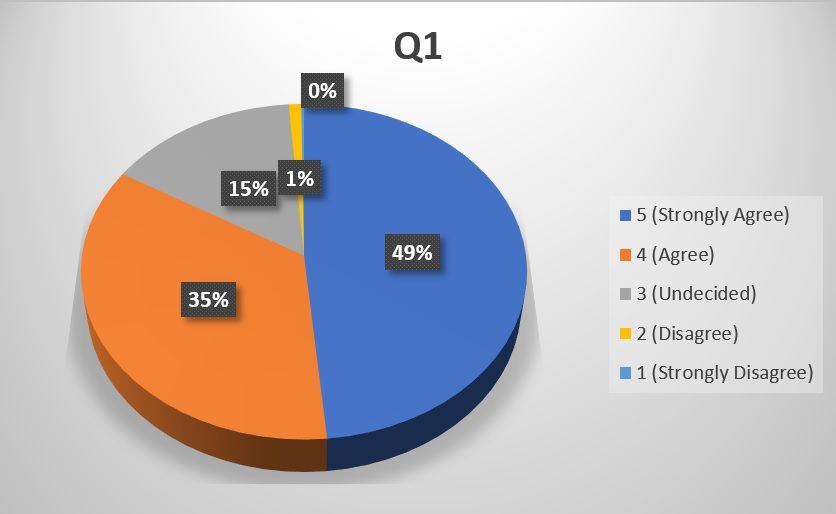
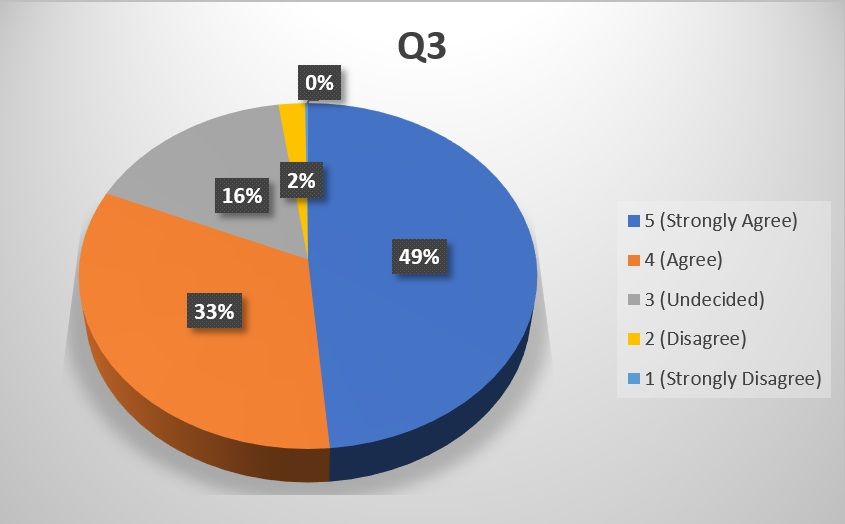
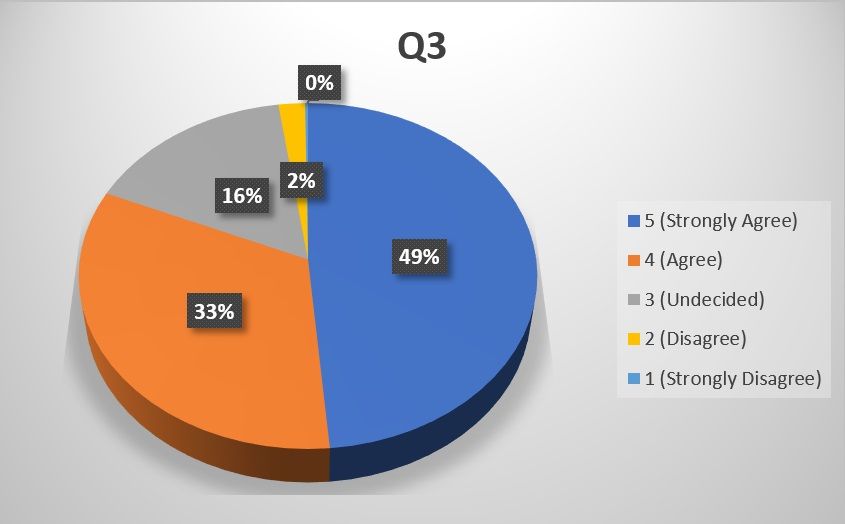
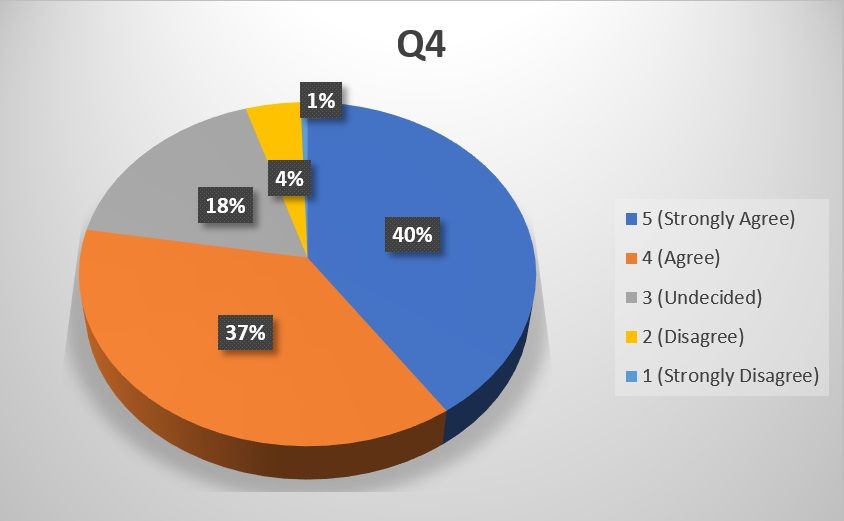
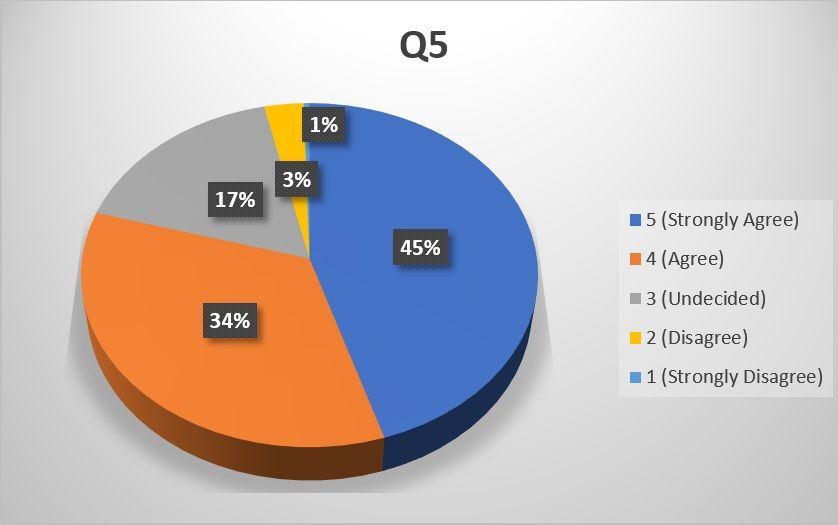
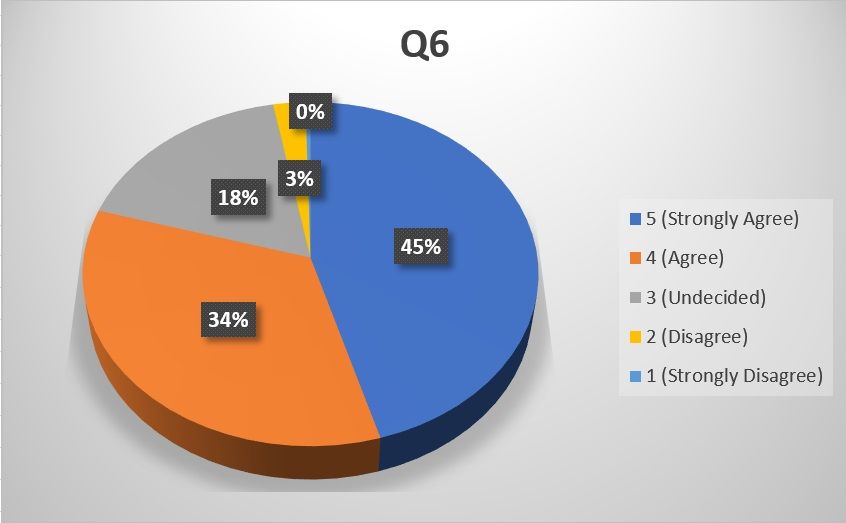
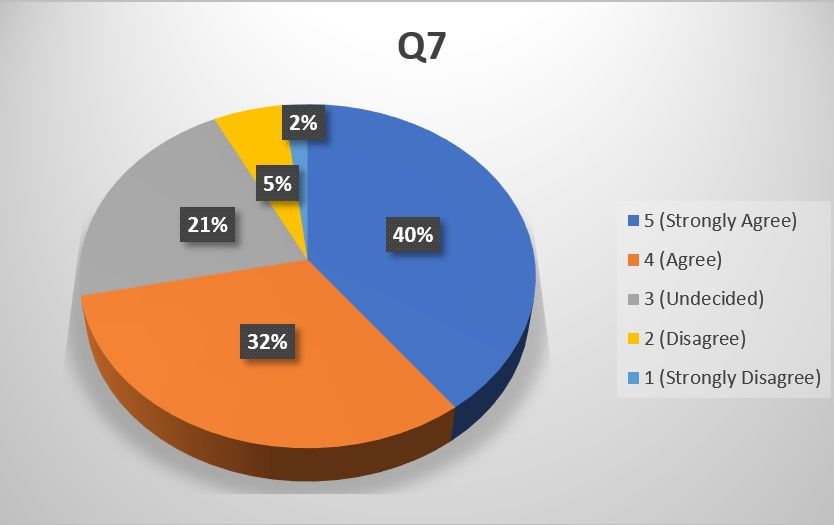
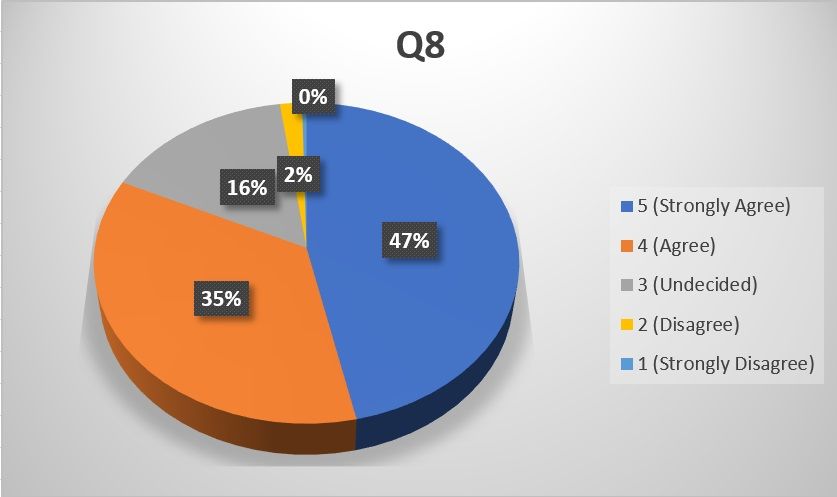
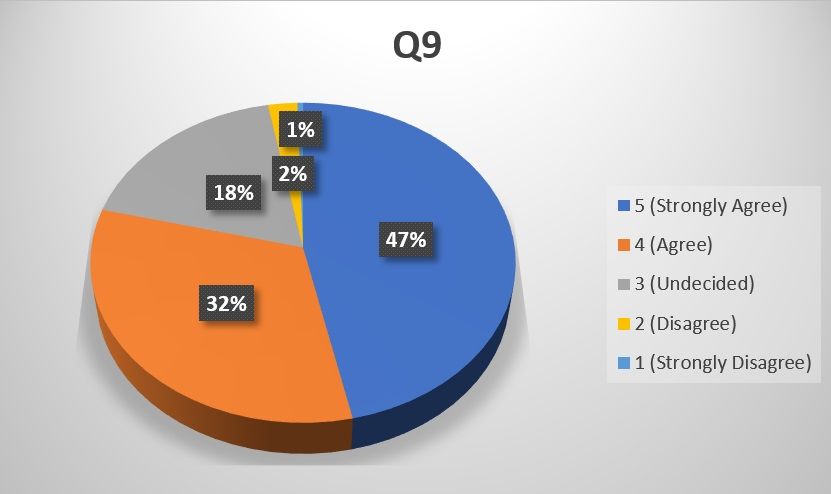
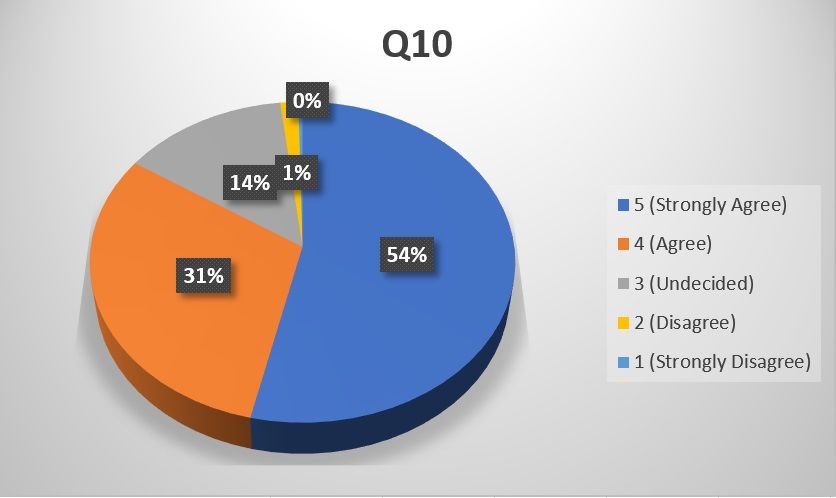
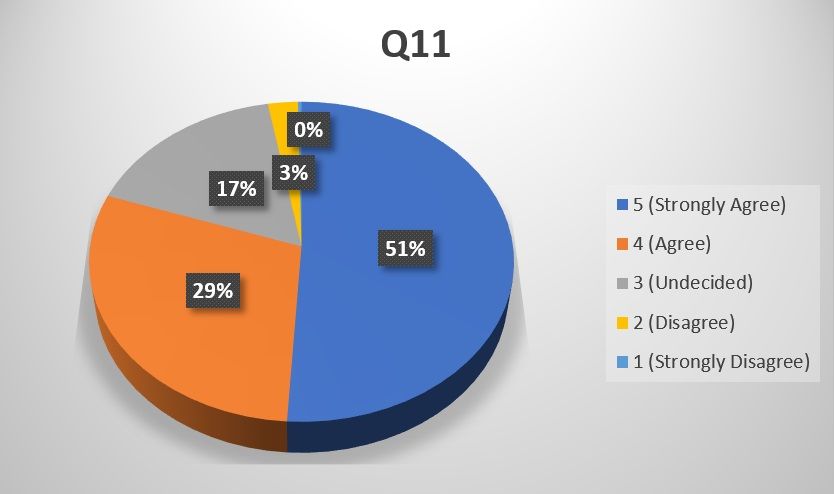
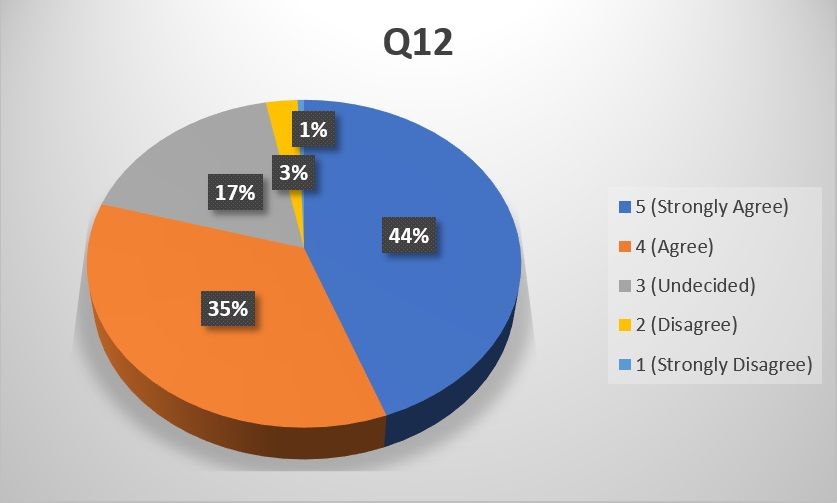
Tracer Study
The Quality Assurance and Educational Development (LPMPP) Unhas conducted an audit process that uses formal tracer studies to alumni and users. The respondents are 2016-2020 graduates who have worked in various fields, especially IT, to reflect their educational experience in the program and its impact on their professional career path. This audit is also carried out to ensure that the educational process has met the expectations and standards of stakeholders. The majority of ISP-UH graduates work as IT Consultants (23%) and Private Sector Employees (22%), and the rest work as Civil servants, IT Developers, IT Academician or IT Entrepreneur. In addition, the result of tracer study is used as a standard and reference as a discussion of curriculum materials, workshops and learning evaluation to achieve the PLO objectives
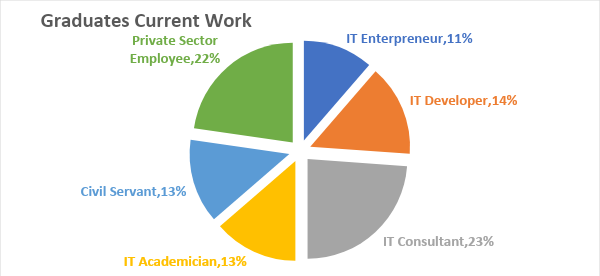
The alumni feedback that almost 80% showed satisfaction with their knowledge, skills, and competencies in work, research, and development. However, some alumni also want more improvment in the three existing PLOs, especially in developing skills. Furthermore, alumni users also provide excellent satisfaction feedback above 50%, especially in PLO 1 and 3. especially PLO 1 and 3. Meanwhile, based on the survey results, it is still necessary to increase the ability of alumni in terms of research and development related to professional responsibilities.
(c)
